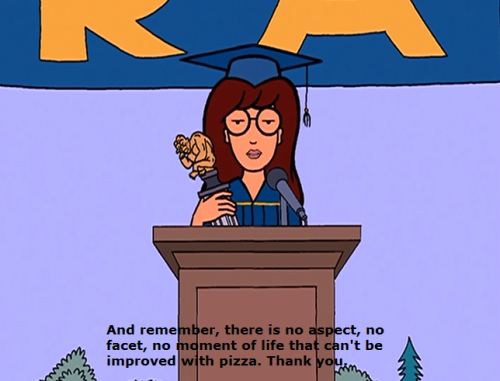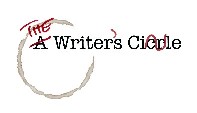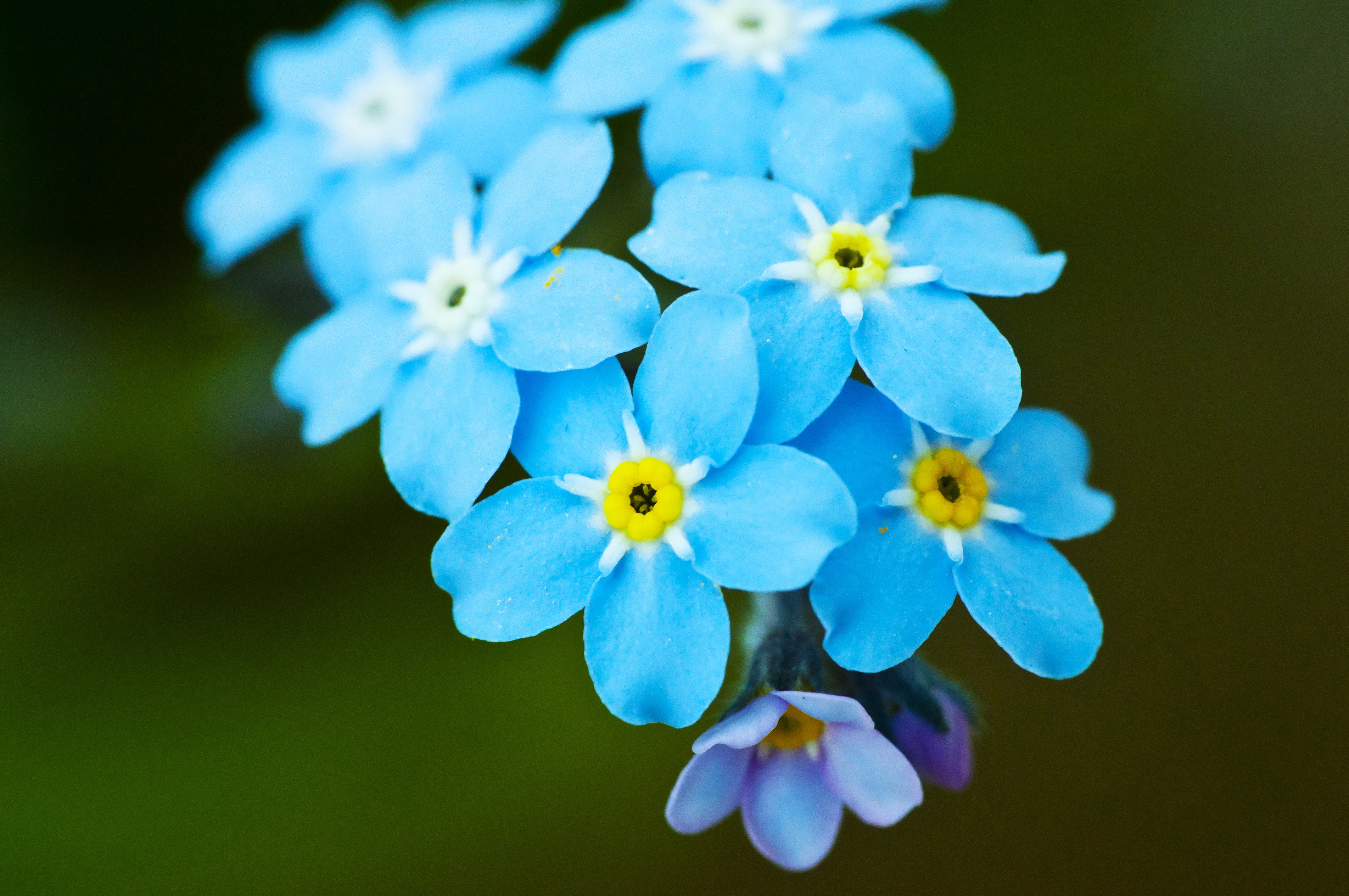One hears the words "the editor is always right"
time and again. It's a tenant of professional writers. One shouldn't forget,
though, that professional writers work with professional editors.
A funny thing happened to me a few years ago, back when I
was only starting to hit my stride, when I was still impressionable and hadn't
yet cultivated valid opinions of my own.
Learning to write is a history of rejection. I genuinely
wish I'd kept every rejection letter I ever received. It probably would have
been grossly unhealthy to do so at the time, but now it would feel more like a
comical shrine of my journey, and definitely my largest work.
But some rejections are better than others, and I'd like to
share some of my journey, that I may help others avoid some of the heart/butt
ache that happened to me.
First, let's take a look at the helpful kinds.
Sometimes the most useful rejections are the harshest. Everybody
knows this intellectually, to some extent, but accepting it is a whole other
thing. Not to name names, let's just say there's a certain sci fi audiozine out
there that starts with a P, and its editor is ruthless, vicious, and frankly I
think a bit of a dick. I'll have no problem telling him this in person. I do
have something against editors who go out of their way to be hurtful. There's
no need for it, and it's akin to the martial arts teacher who beats up his
students. It's purely for their own ego validation, and if they were half the
[INSERT PROFESSION HERE] they think they are they wouldn't do it.
Anyway, no doubt unwittingly, he was good for me. I've told
the story before about how when I got my agent I started writing super fast,
super badly. Well, I went from someone who could sell what he'd written to
someone who couldn't, partly because I didn't really know what I'd done that
had pushed me over that boundry in the first place. So I lacked understanding
of my own abilities--that's natural when an ability is new.
The dick at NAME DELETED said nothing directly helpful. He
basically told me my stories were horrible. It took him under ten minutes, he
said, to decide he didn't want any of them.
Ouch. Once I'd pulled that serrated knife out of my soul, I
felt inspired to reflect. I slowed down, thought about the difference between
my pre- and post-agent stories, read a few of them, and realised a few things.
The NAME THAT STARTS WITH P editor is a sucker for fun
romps. A lot of that audio-mag's stories are meaningless, but they're all fun,
and pacey. When I wrote at lightning speed I, at least back then, had a
tendency towards meaningful little parables that didn't really go anywhere. If
I'd sent them off to a pretentious "Slice of Life" mag I'd probably
have done just fine, but I hate that crap. I hadn't intended for them to lack
pace, so I was forced to look them over with a more critical eye.
Learning a craft is a process of constant self-criticism,
and a good editor can help you remember that. Note: he isn't a good editor. A
good editor might have said, "Lacks pace. Went nowhere. Thanks
anyway." But I didn't need a good, professional editor. I needed to hear
an opinion and reflect on it. So the moral here is that rejections are what you
make of them. The dick at NAME DELETED, in the end, unwittingly helped me grow.
The most helpful thing you'll ever get are conditional
acceptances. This is when the editor loves your story's concept enough to write
you asking for certain changes. This is where you'll get whole paragraphs devoted
to where the pace lagged, or who the superfluous characters were, or whatever
it is. You'll also, if you take on board the criticism, wind up with a sale at
the end of it.
Maybe you require further clarification from the editor. I've
never done this, but I'd say you have a right to contact them. I don't believe
aspirant writers should fear editors as gate keepers. They're professional
human beings, and you have a right to treat them like human beings. If it wouldn't
bother you, it shouldn't bother them, so just go by the general rule of doing
unto others what you'd have them do unto you.
Now for the unhelpful kinds. First, there's the obvious, "Thank
you so much for thinking of us. We get shitloads of excellent stories every
day, and we're sorry yours just didn't quite fit in our pages. Gush gush gush. Blah
blah blah. We hope your ego is not too wounded."
Nothing much to add here. This is a lie. They didn't think
your story was excellent. They think it wasn't worth reading all the way
through, and sent you the pre-written response. But everyone knows this.
There's another kind of unhelpful rejection, and I point you
towards another story of mine. I forget which magazine it was, this time, and I
don't much care. This editor wasn't deliberately nasty so he didn't stand out. All
I remember is what he looks like, and there's not much point in recounting that.
For what it's worth, he has a large beard and wears a hat. Not sure what that
tells you about him, but there you go.
This guy loves scenes. Scenes scenes scenes. They "get
his blood boiling and make the pages flip themselves," he said. Yeah, great.
He roundly rejected some of my stories on the grounds that they didn't start in
scene. Starting in scene is also known as starting In Media Res. It's a
particular dramatic type that has its benefits and pitfalls. Everyone does it
sometimes. The only author I can think of who makes it a general rule of thumb
is Elmore Leonard. But like I said everything has pitfalls. It's easy for a
story to feel listeless when it starts In Media Res. I want to know what the main
character wants (or if there's some good reason why they don't know what they
want) where they are, what the hell is going on, et cetera, as soon as
possible. Elmore leonard will often start with heaps of action and dialogue,
and by page 4 you have a strong sense of character and drama. Very often, In
Media Res, perhaps ironically, is slower paced. It also lends itself towards
non-linear narrative. An example of an author who never uses it is John
Steinbeck--probably the cleanest prose around aside from Elmore Leonard--so you
can see how one's preferred opening method doesn't actually have much to do
with quality, prose style, or what follows. In Media Res is more common in
short fiction, and I probably use it at least half the time, but the fact remains,
for every story you could find me that starts in the middle of the action, I
could find you two that don't.
One of my stories DID start In Media Res, but the fourth
paragraph contained the line, "Ray had been an instant friend, even if he was
light hearted, easygoing fun everywhere Eddie was inappropriately philosophical."
HEAVEN FOREFEND! A CRIME AGAINST DRAMA! A SINGLE EXPOSITORY SENTENCE DESIGNED
TO DELINEATE THE TWO PROTAGONISTS FRIENDSHIP AND GIVE CONTEXT TO THE HUMOROUS
EXCHANGE TO COME! Uh, yeah. Of Mice and Men prefaces the relationship between
Lennie and George with expository sentences like this, so I don't think it's
exactly a crime against literature.
Anyway, editor Beardhat said he stopped reading "Two
Old Friends" (originally called "So Long As There Are
Governments", but I decided that title was a bit lame) at that point. He
even said 98% of the stories he rejects, it's because somebody didn't
understand how to write in scenes. I did write in scenes. He didn't read long
enough to see them, because I didn't start In Media Res in two of the stories I
sent. As for the third story, editor Beardhat seems to think that scenes can't
include expository sentences, which is simply idiotic.
Now, I was young and impressionable and didn't understand
any of the In Media Res stuff I just mentioned. Nor did I understand that
exposition is a vital part of storytelling. I didn't know how the pieces of the
puzzle fit. I went away thinking I'd better not use exposition in the first
page or so of my stories, which led to a further string of rejections from all
over the place saying things like, "I enjoyed the start, but couldn't
figure out what was going on." Or better yet, "It took too long to figure out what
the main character wants."
The fact is, editor Beardhat doesn't know what the hell he's
talking about, and he will always, unless his understanding improves, be excluded
from editing in the professional arena. However, I had no way of knowing this,
because like most aspirant writers, I'd yet to experience personalised feedback
from a true professional.
If you're just starting out, or you're still in the
Everything Gets Rejected phase (and I assure you we've all been there) I
implore you to always send your work off to the professional magazines. Wait
for your rejection letter from them, then work your way down the list. You
might just get some helpful comments. The editors further down the list are
often unprofessional in attitude, and sometimes even just completely ludicrous
in their opinions.
But mostly, I implore you to get multiple opinions about
your work. If it gets rejected in a way that looks particularly weird, or is
particularly harsh, ask around. Don't show your partner or your parents. They'll
like it because you made it. Show a critique group. Show friends whose opinion
you trust and make them promise to be objective and tell the truth. If they
come back with, "I liked it," ask them why. Nobody writes perfect
work the first time around, and I promise you, professional writers get
critiqued all the time. Even if you're not making any money at it, or not
getting published at all, have a professional attitude. The work isn't you, and
it isn't your baby. It's just a story, a piece of art you want to make great,
and it deserves all the help you can get.
You'll find the help everywhere, and the moral of this arguably
convoluted story is, even rejections can be helpful tools. It's all in what you
make of them.




















